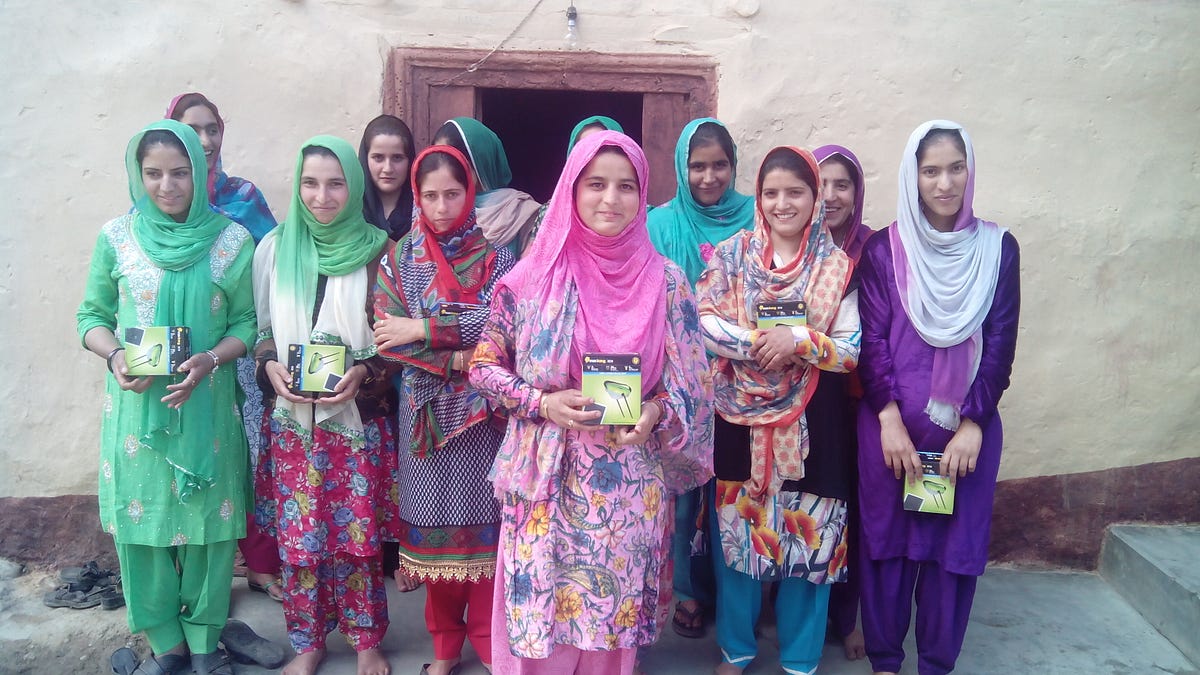With so many people, the answer to the state’s economic struggle lies in jobs, not charity.
Looking Back: Impact Report 2015
Mela Artisans started with a humble vision to support the work of artisans in India who were struggling to find buyers in a modernized, fast-paced, mono culture of production. Supply chains were focused on speed, homogeneity, and cost.
We decided to rethink that model by celebrating the variations of products made by hand, agreeing to pay more, and be willing to wait as they completed their works of art.
In the last five years, the company has evolved tremendously, allowing us to impact more lives, create more jobs, and give more back to the artisan communities we treasure.
This annual roundup gives you a snapshot of how a for-profit entity can create impactful change in communities by connecting people to markets that remained beyond their reach.
---
First, employment and jobs:
In 2015, Mela Artisans created nearly 7,000 full-time jobs for artisans in India. The bulk of these went to women: 4,195 of the full-time artisanswho created products for us are, in fact, women.
We helped establish about 100,000 total days of employment for the artisan community. That’s up from 78,965 days of employment in 2014.
Our deepest impact is in the state of Uttar Pradesh where we procure metal, bone/horn, and wood items for our home collections. Three cities — Moradabad, Sambhal, and Saharanpur — have the largest concentration of these materials and artisans who can assemble them into works of art.
Uttar Pradesh is one of India’s poorest states — and yet also the largest and most populous. The Economist stated that if UP were to be its own country, it would be the 5th most populous in the world, and yet have the GDP of Oman, a country of less than 2 million. Uttar Pradesh has struggled economically, being referred to as one of the regions that are poorer than sub-saharan Africa by UNDP.
Creating jobs is important to give livelihoods and keep alive these traditions.
One business owner who now runs a successful workshop in Saharanpur, overseeing 150 artisans, started as a wood carver in the 1970s, earning about 200 Rs a month. Today his artisans get paid more than that each day for their efforts.
Mohammad Ayub is one of those men. A local, he’s been working as an artisan for over 20 years in the same workshop, specializing in brass inlay. That is, when wooden tables, boxes, and bowls are accentuated with brass and metal. It’s detailed painstaking work, that requires a layer of metal to be embedded into the wood and filed down.
“I learned how to do this as a young man, at the age of 11 or so. A gentleman who lived in the same neighborhood as me taught me,” he says. Asked if he’d like to see any changes in his work today?”
“I want more work. I wish there was more work.”
He smiles. He has a daughter and son. Will they take up this line? He hesitates.
Wood-carving may not carry forward its legacy. While the workshops are bustling with activity, today’s youth in Saharanpur prefer to drive rickshaws than do their father’s or grandfather’s work.
“It pays more, it’s easier and it’s in demand. People need transport; people will always need transport,” the workshop owner says.
--
Secondly, beyond creating employment, we strive to put back 1% of our sales into projects that help the artisans.
Thus far, these projects have been concentrated around the health of artisans. By partnering with local non-profits who already have the infrastructure to deliver medical care, we can support other social entrepreneurs, like ourselves, and get the artisans what they need. It’s a win-win scenario.
In 2015, we partnered with Vision Spring, Sevamob, and Greenlight Planet — three innovative social enterprises in India.
Vision Spring helped us deliver 616 pairs of eyeglasses to our artisans in Kashmir and Erode. Given that many of them work on fine details all day long, doing embroidery, stitching, and weaving, their vision can suffer from the strain and scrutiny.
Vision Spring has given, or sold, over 2 million glasses around the world through a variety of models: from partnering with organizations like ourselves to having a crew of local salesmen (and women) who sell glasses for low-cost. Their aim, though, is very similar to ours: to help people make a better livelihood.
Deteriorating vision is not only frustrating but also costly, affecting an artisan’s ability to work, be productive, and consequently, earn. That’s why we joined hands with Vision Spring in 2014, giving out 130 glasses. In 2015, we multiplied that by five-fold and reached new artisan communities.


Coupled with glasses is the need for light to be able to see properly. Greenlight Planet, a Bombay-based social enterprise, sells and distributes solar lanterns to the 2 billion individuals living off-the-grid. In 2015, they helped us give out 163 lanterns to our artisans in Kashmir and South India.
We concentrated on these rural areas because they didn’t have access to electricity, leaving them to work in the dark. In fact, the ophthalmologists with Vision Spring informed us that the main cause of poor eyesight affecting our weavers in South India was a lack of proper lighting.

Lastly, Sevamob, an on-the-wheels medical company, provides care at the workplace. They came to Jaipur to give 75 artisans medical checkups. A crew of doctors and technicians checked for the basics: blood pressure, sugar levels, heart health, cholesterol, and more. Medicines were distributed for those who needed treatment.
Sevamob has 15 units that they drive around 7 cities in India currently, conducting health camps such as these for social enterprises, NGOs, and even for-profit institutions. Their aim is simple: make healthcare affordable and at your finger tips — literally. They prize preventative care. It’s not just about medical emergencies and visiting doctors when you’re sick. Rather, keep tabs on your health routinely. We couldn’t agree more.




